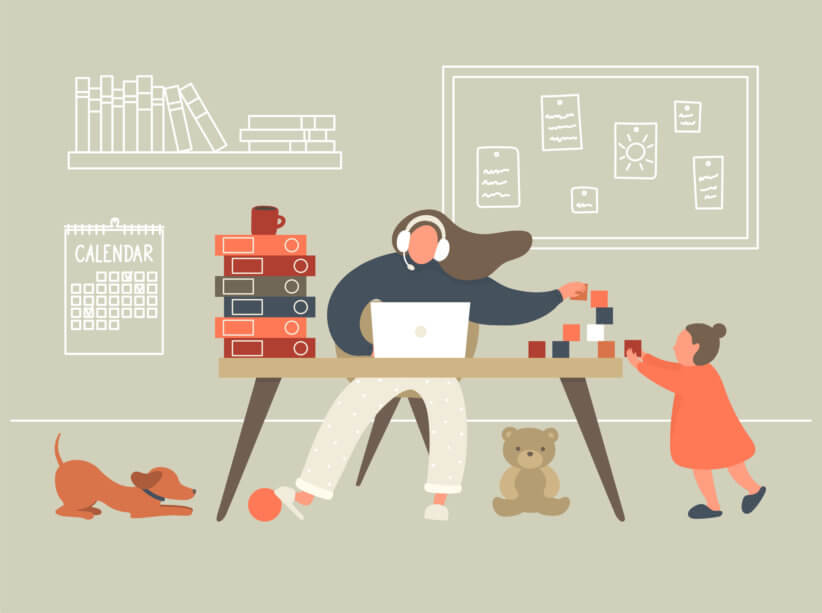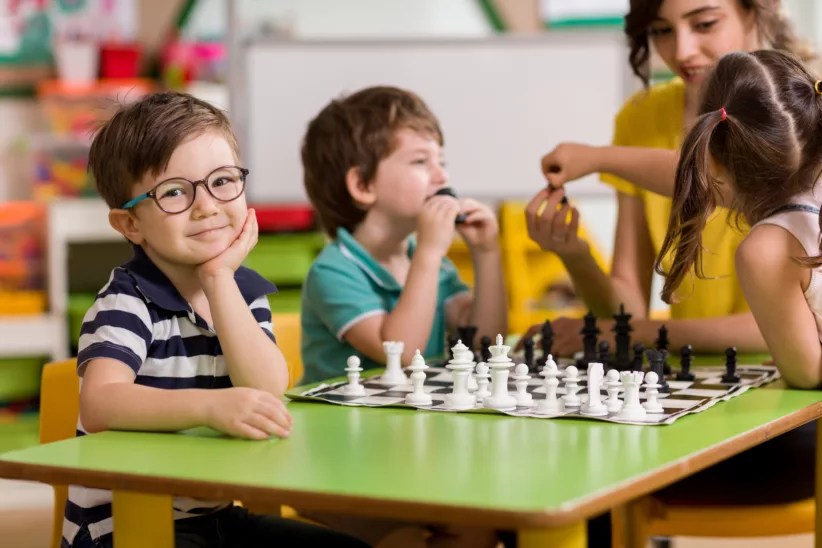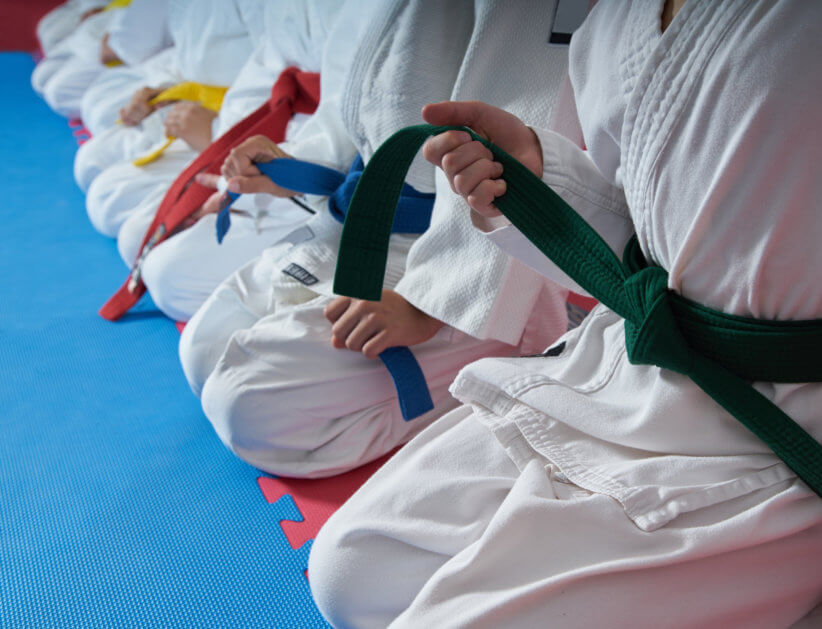Everyone needs to exercise to stay healthy, and there are many ways to get the job done. With obesity becoming a bigger problem for our country every day, fitness is a national topic of conversation. So why is it that fitness for the autistic and special needs community is being overlooked?
The fitness industry is a strange area. In more than a decade of being a fitness enthusiast — and then an exercise physiologist — I have come across some of the dullest and brightest ideas around. I have met, worked with, and become friends with highly intelligent, caring specialists, and have also seen complete idiots doing more harm than good with their athletes and clients.
The special needs community has similar variability in educational and therapeutic practice. One thing I have noticed is that the two fields — fitness and special needs — seldom come together to talk. The two obstacles to the fitness and special needs communities having a better relationship are an over-appreciation of organized sports and a misrepresentation of what fitness and exercise should be.
We need to develop general movement patterns to be safe and successful with specific movement patterns. General movement patterns can be broken down into five categories:
• Pushing: movement away from the body
• Pulling: movement toward the body
• Rotation: movement around the body
• Bending: lowering the body toward the ground
• Locomotion: going from point A to point B
Specific movement patterns are typically sports-based, like a baseball swing. Very specific movement patterns, such as the swing, do not always cross over well to other activities. Being good at football does not automatically make a person a good badminton player. But, being able to push, pull, squat and bend correctly can help with both sports. The problem is that our society tends to think sports — and specific movement patterns — first, and everything else second, or not at all. From my experience, most of my autistic athletes are not lining up to play shortstop.
The other problem is that most commercial gyms are not conducive to fitness or fun. Treadmills, elliptical machines, and all manner of expensive, space-hogging equipment are a waste of time and can often cause more harm than good. These steel dinosaurs are relics of the late 1970s and ’80s, when bodybuilding hijacked a more well-rounded culture of fitness, yet I see one in every adaptive PE gym I walk into.
How do we modify these ideals that are ostracizing our special needs community from the fitness industry? First, fitness has to be considered a life skill. If our young generation begins a sedentary lifestyle and poor eating habits now, how does that prepare them for a healthy future?
Second, play and movement exploration must replace the team sport and machine-heavy ideal that is not working for children with special needs and never will. We have to embrace more general physical activities that center around individuals, rather than forcing the individual into a situation that is not right for her. Forcing a child to play a team sport does not provide any particular benefit for her if she is not learning to move well or enjoying the activity.
Fitness can be a gateway to physical ability, optimal cognitive functioning, improved self-esteem, and socialization. These benefits require good programming based on the needs of the individual. If we want the best for young people with special needs, a greater amount of collaboration must take place between those in the fitness and in the special needs communities. Together, we can set the foundation for a healthier, more able future.
Eric Chessen, MS, is the founder of Autism Fitness and the creator of the PAC Profile Assessment Toolbox. In addition to working with his athletes, Chessen consults, writes, and presents across the U.S. and internationally. For more information, visit www.AUTISMFITNESS.com






















